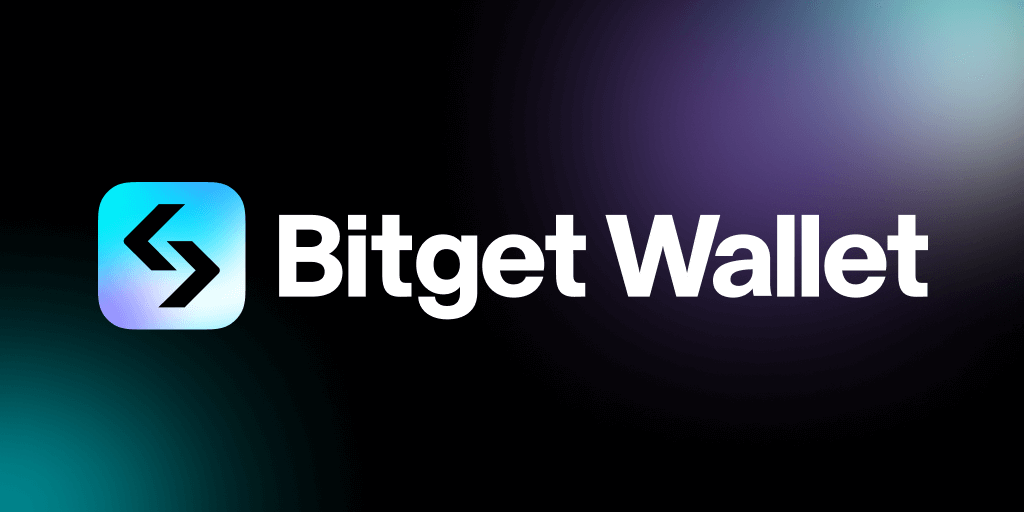Ever had that gut feeling something was missing in your crypto setup? Yeah, me too. I mean, juggling multiple chains, trying to trade on the go without constantly switching apps—it’s a headache. Seriously, it felt like the tools out there were either too clunky or too limited. But then I stumbled upon this wallet that kinda flipped the script.
Here’s the thing: mobile crypto wallets aren’t all created equal. Some focus on security, others on trading, but very few nail both—especially across multiple blockchains. I was initially skeptical about a “one-stop” app handling spot trades seamlessly on several chains. But after fiddling with the bitget wallet, my perspective shifted. It’s not just a wallet; it’s a mobile trading hub. And yeah, that’s a pretty big deal when you’re deep into DeFi.
Oh, and by the way, the user interface? Super clean. Like, you don’t have to be a tech wizard to figure it out. That’s a breath of fresh air in this space where complexity often reigns supreme. I remember thinking, “Wow, finally something that just works without a dozen tutorials.”
But let me slow down a bit. Multi-chain wallets aren’t new, right? The tricky part is actually executing spot trades without hopping between apps or websites. Bitget wallet bakes that right into the experience. On one hand, it’s intuitive; on the other, it’s robust enough to handle the nuances of different blockchains. That balance is rare.
Really? Yeah. Check this out—

Trading from your phone while keeping control of your keys has always felt like a balancing act. Too much convenience often means sacrificing security, but this wallet manages both pretty well. I mean, managing assets across Ethereum, Binance Smart Chain, and others without constantly logging in and out? That’s a huge time saver.
My instinct said this would be clunky or slow, but nope. The spot trading features run smoothly, and the transaction speeds are impressive for a mobile app. Initially, I thought this might be a gimmick, but after some real trades, it’s clear this is legit.
And security? Don’t get me started. The wallet uses top-notch encryption and private key management that feels very solid. Yeah, no system is bulletproof, but the way Bitget wallet handles your keys locally rather than on a server is reassuring. I’m biased—I’ve seen too many hacks to trust cloud wallets fully.
Okay, so check this out—integrating trading directly into the wallet means you can react instantly to market moves. No more delays switching platforms or dealing with browser glitches on mobile. For active spot traders, that immediacy can be the difference between profit and loss.
Still, there’s a learning curve. You gotta get comfortable with the multi-chain setup and understand network fees on each chain. But the wallet does a decent job guiding you through that without feeling like a lecture. It’s almost like having a savvy buddy whispering trade tips in your ear.
Why Multi-Chain Support Matters More Than Ever
Let me be honest—this is where a lot of wallets drop the ball. Supporting just one blockchain is straightforward, but users today are spread across Ethereum, BSC, Polygon, and more. Having to juggle separate wallets or apps is exhausting. The bitget wallet handles multiple chains natively, which is a lifesaver.
Something felt off about other multi-chain wallets I’ve tried—they often feel like Frankenstein’s monster: patched together with half-baked integrations. Bitget manages to keep things cohesive, letting you switch chains fluidly without losing context on your trades or balances.
It’s also a security win. By consolidating management in one app, you reduce exposure from using multiple third-party solutions. But, of course, you’re trusting one app more—which is a double-edged sword. Still, the trade-off seems worth it when you consider the convenience alone.
Hmm… on one hand, relying on a single app for multi-chain management feels risky. Though, actually, having a unified interface reduces user errors like sending tokens on the wrong network. That’s saved me from some costly mistakes already.
Honestly, the spot trading integration is what sold me. Other wallets expect you to leave the app for trading or use clunky DEX interfaces. Here, it’s baked right in. That means fewer steps, less friction, and more chances to capitalize on market movements.
Now, I can’t say it’s perfect. Sometimes the app feels a bit slow when switching networks under heavy load, and the notifications can be a tad delayed. But those are minor compared to the overall experience.
Also, I’m not 100% sure how well it’ll scale if you hold dozens of tokens across chains, but for typical DeFi users managing a handful of assets, it’s smooth sailing.
Final Thoughts: Is Bitget Wallet the Future of Mobile Crypto Trading?
So, circling back—this wallet feels like a glimpse into where mobile crypto management is headed. Spot trading, multi-chain convenience, and solid security in one place? That’s the trifecta most of us have been craving.
Yeah, there are bumps, but the overall polish and thoughtfulness stand out. I’m biased since I’ve been hunting for a mobile wallet that ticks these boxes for a while, but the bitget wallet really impressed me. It’s not just another wallet; it’s a smart companion for anyone serious about DeFi on the move.
Honestly, if you’re tired of juggling apps or worried about missing trade opportunities because of clunky interfaces, this might be worth your time. It’s not perfect yet, but it’s close—and in this fast-moving space, that counts for a lot.
Anyway, I’m gonna keep poking around the app to see how it evolves. There’s definitely room for improvement, but the foundation is solid. And hey—if it keeps getting better, this could become my go-to wallet for everything crypto on mobile.
